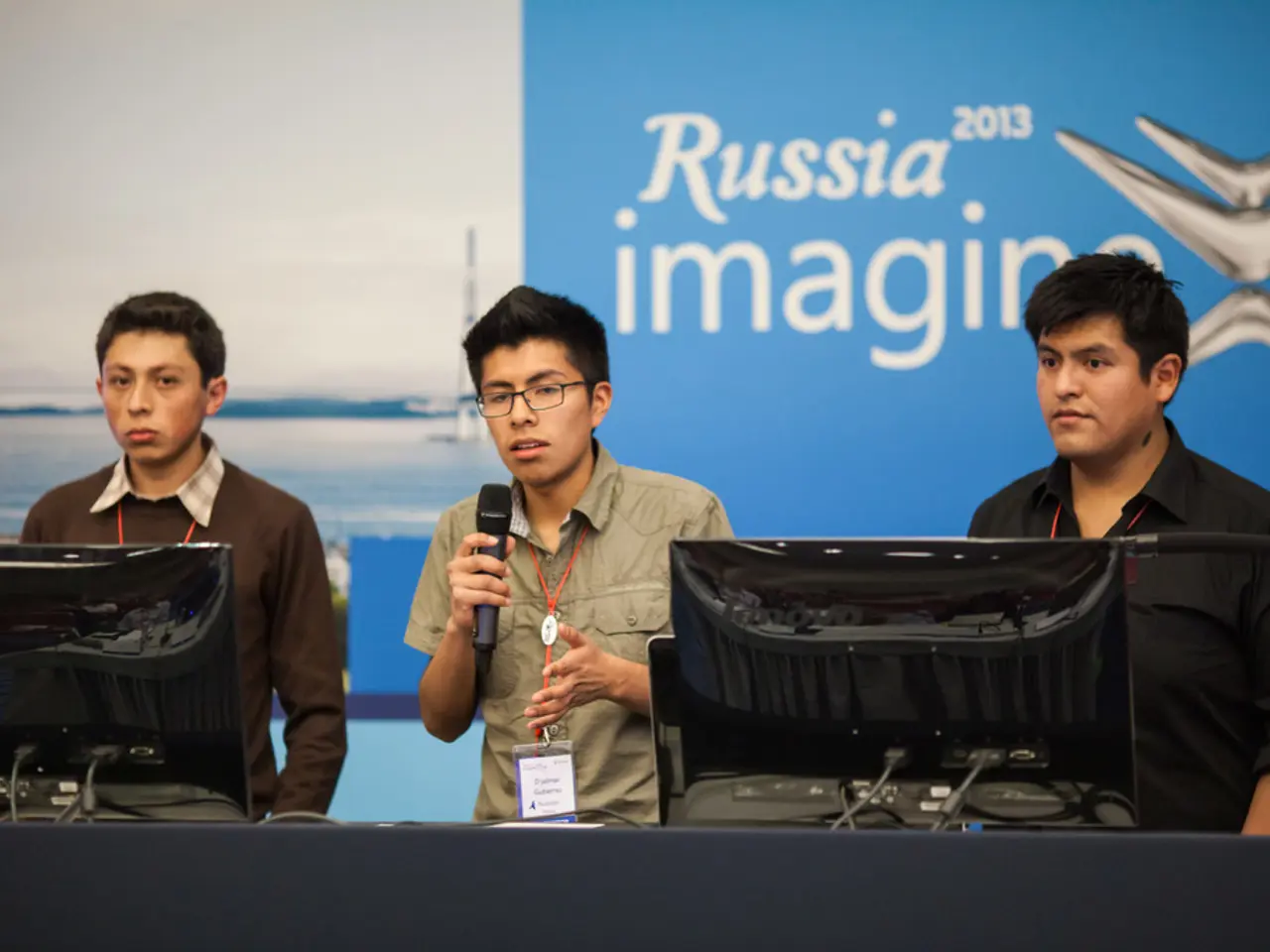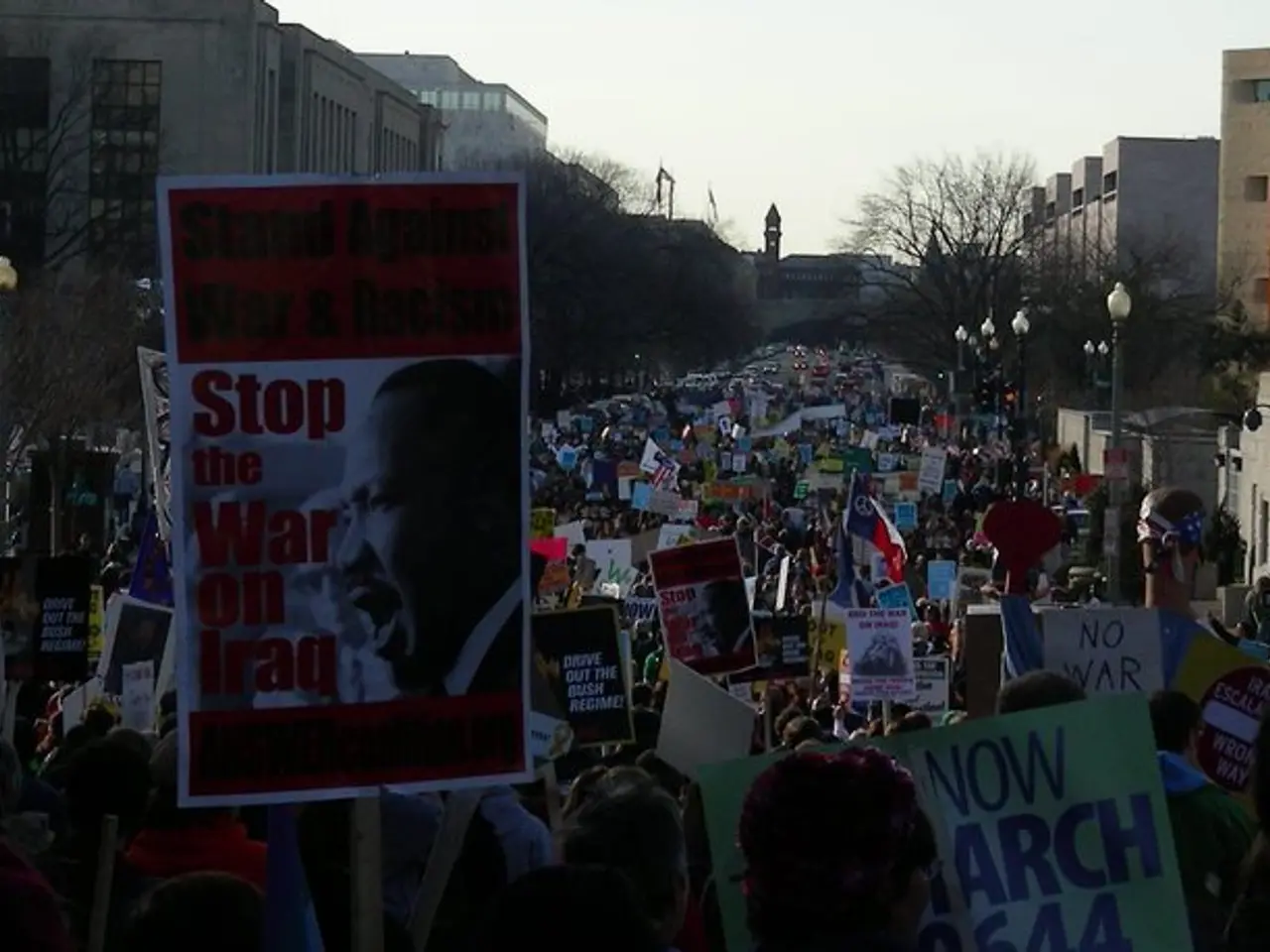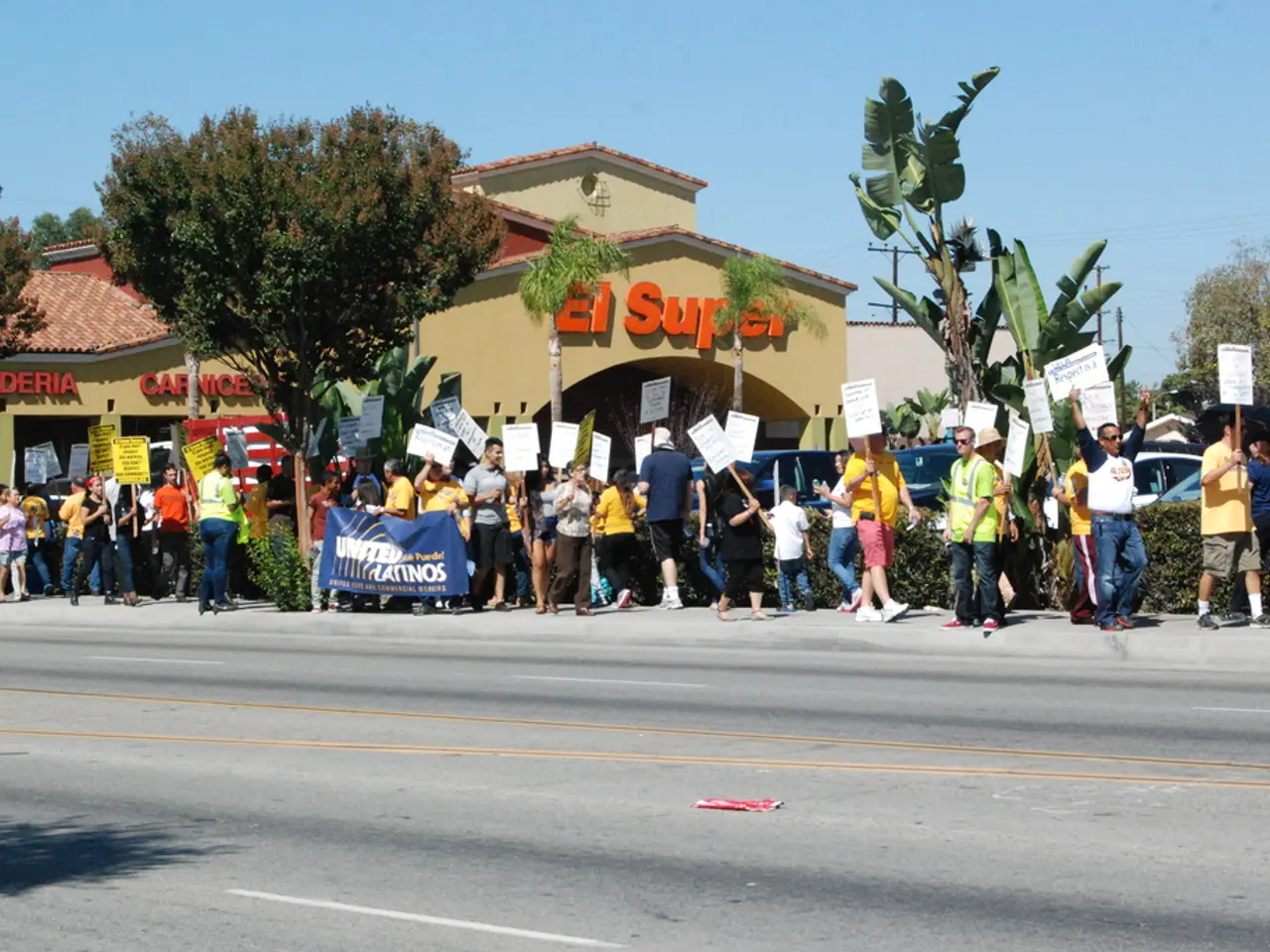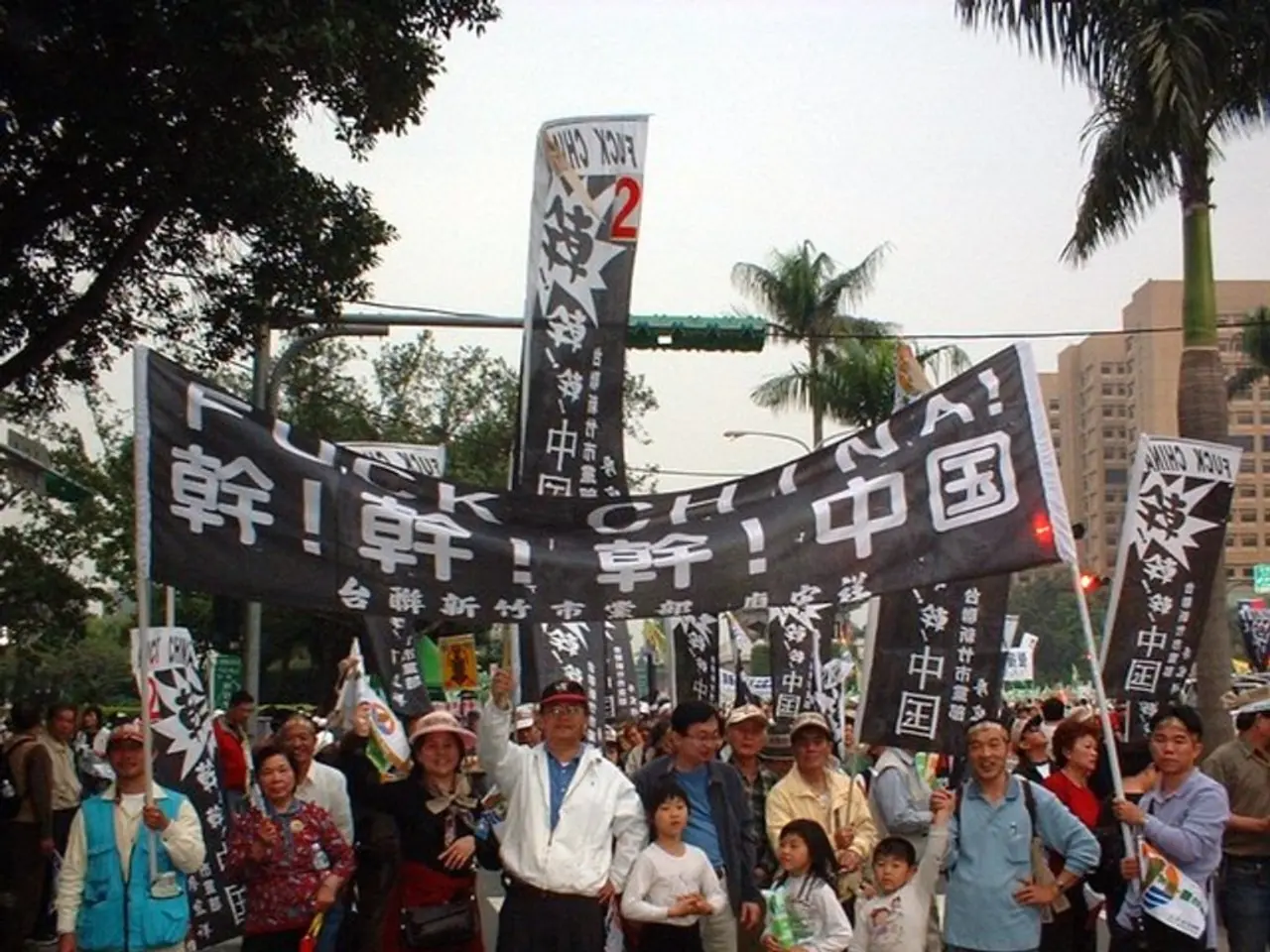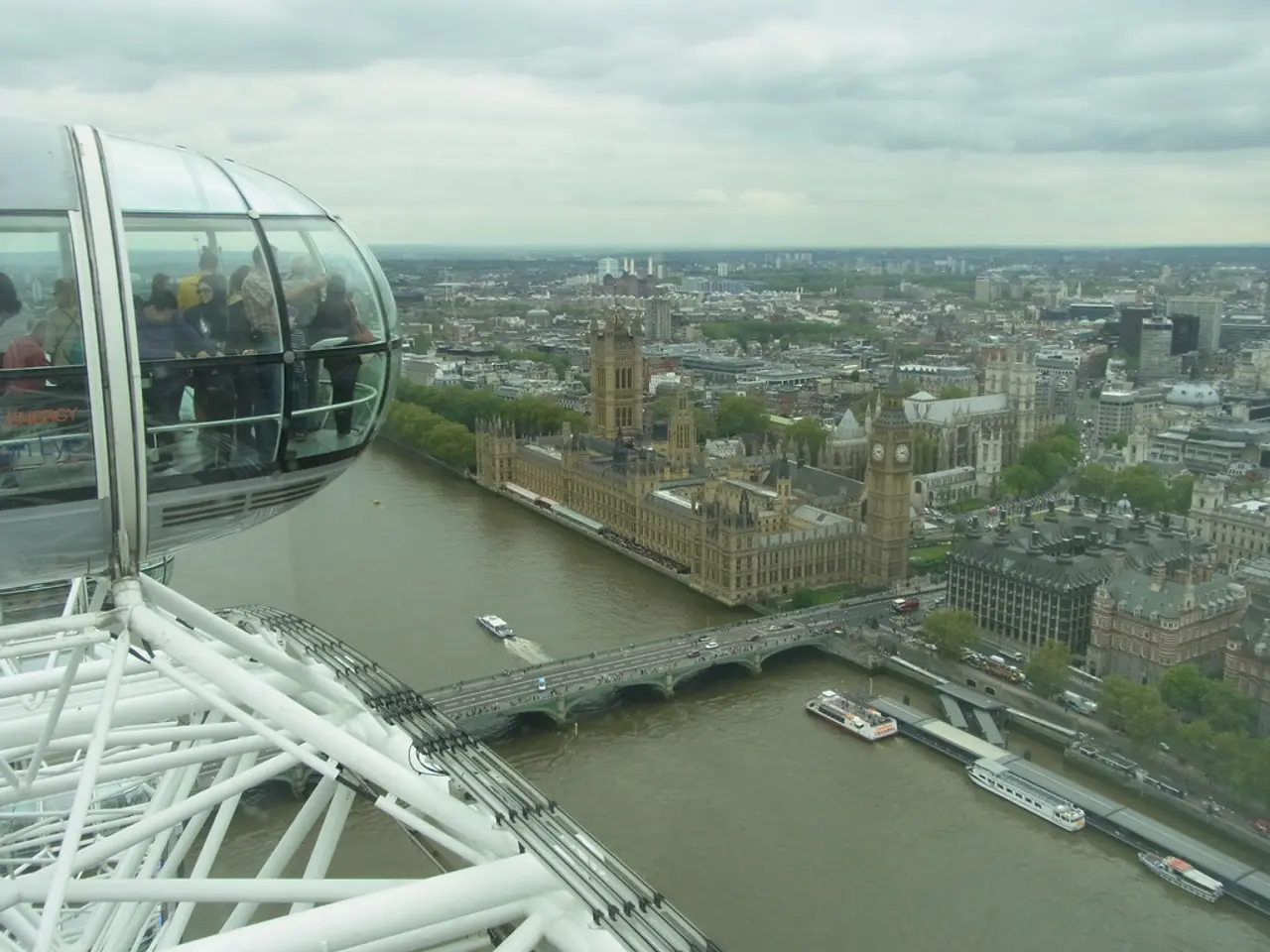Number of individuals who received Swedish nationality in May.
May witnessed a total of 9 citizenship applications through naturalization getting approved, as per the Migration Agency's data. Compared to April, where only 6 such applications were granted, it's a noticeable increase.
On average, Sweden granted more than 4,200 naturalization cases every month from January to March.
"Naturalization cases" refer to applications by adult foreigners wishing to become Swedish citizens, making up the majority of cases.
In May, apart from naturalization cases, a total of 962 citizenship through notification cases (a simpler route for children, Nordic citizens, etc.), 68 applications for retaining citizenship, and 36 so-called citizenship declarations (for people unsure of their citizenship) were approved.
The numbers include approvals granted by the Migration Agency itself and those made by courts. Courts resumed their regular processing of appeals in April and May.
Statistics for June will be available from mid-July.
Back in April, the Migration Agency was unable to process naturalization cases for almost two months due to not fully setting up routines for the in-person identification required post-government's order to strengthen security checks on April 1st. This freeze affected all nationalities, contrary to Migration Minister Johan Forssell's earlier pledge that workers and citizens from countries deemed low risk would not be affected.
As reported, the Migration Agency started contacting citizenship applicants in late May to schedule in-person identify checks, effectively ending the freeze. Applicants at the final stages of their application will receive a letter inviting them for an in-person appointment at any of eight Migration Agency offices. Those yet to receive such an invitation should not book a time.
Contrary to initial reports, digital verification via the Freja app is currently unavailable for all applicants, so they must attend the in-person meeting regardless of nationality.
These additional safety measures were ordered by the government and its far-right Sweden Democrat allies in January. The goal was to "as far as possible" prevent people who might pose a threat to security or use fake identities from being granted citizenship.
Experts anticipated security checks would be tightened as a pretext to slow down the granting of new citizenships until stricter rules are in place in 2026, as hinted by the government in an opinion piece in the DN newspaper in November.
However, the Migration Agency admitted in April that the enhanced checks would lower its previous estimate for the number of concluded citizenship cases in 2025 and 2026, from 87,000 to 64,000 and 65,000 respectively.
According to the Migration Agency, 75 percent of recently concluded cases involving adults received a decision within 24 months.
In light of the enhanced policy-and-legislation measures, the number of approved naturalization cases saw a significant increase from April to May, particularly in comparison to the 6 cases approved in April. This surge in approvals follows the resumption of regular processing of appeals by the courts in April and May.
Given the current situation, politics and general-news outlets have been discussing the implementation of stricter security checks in the naturalization process, with some experts predicting a slowdown in the granting of new citizenships until 2026.
